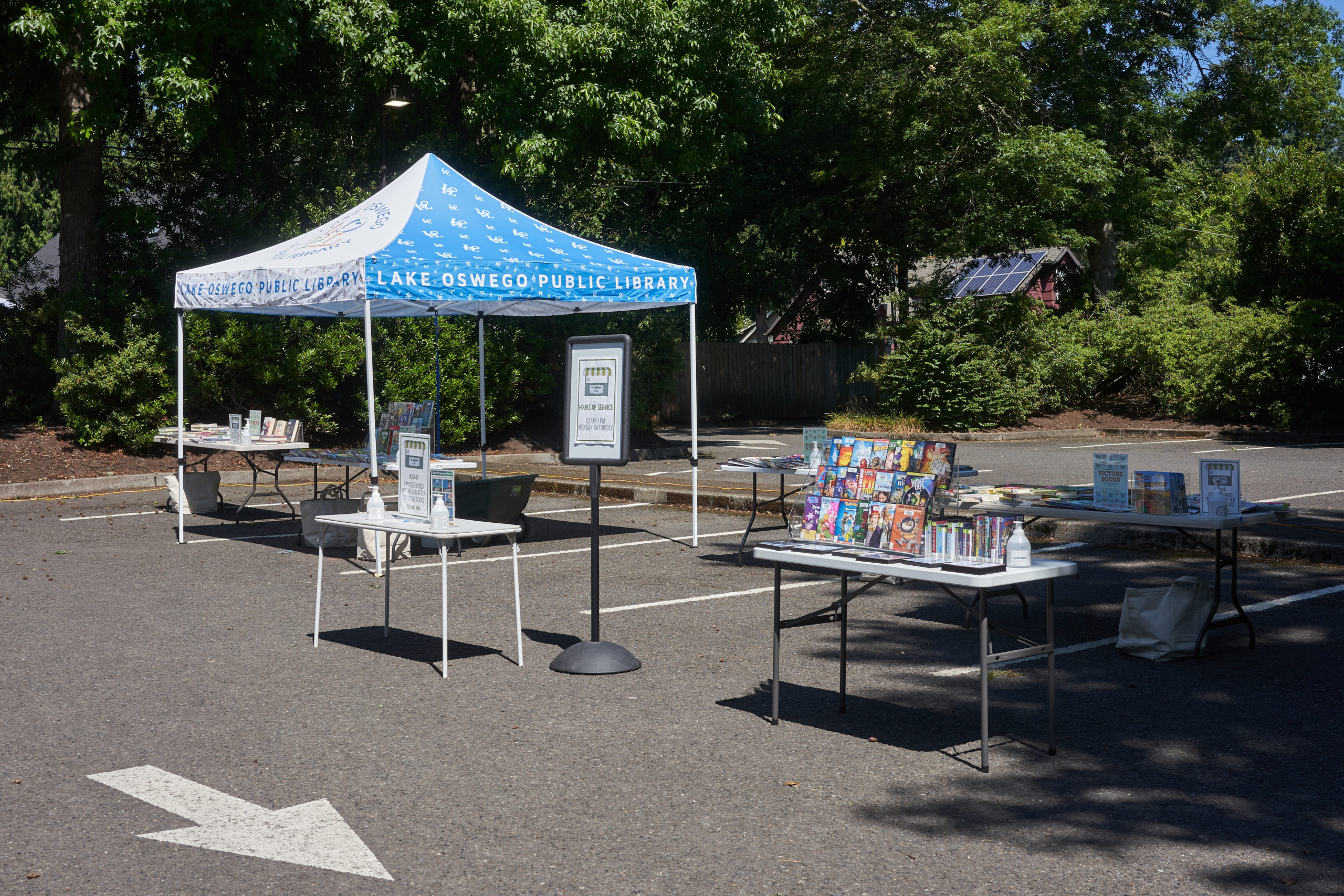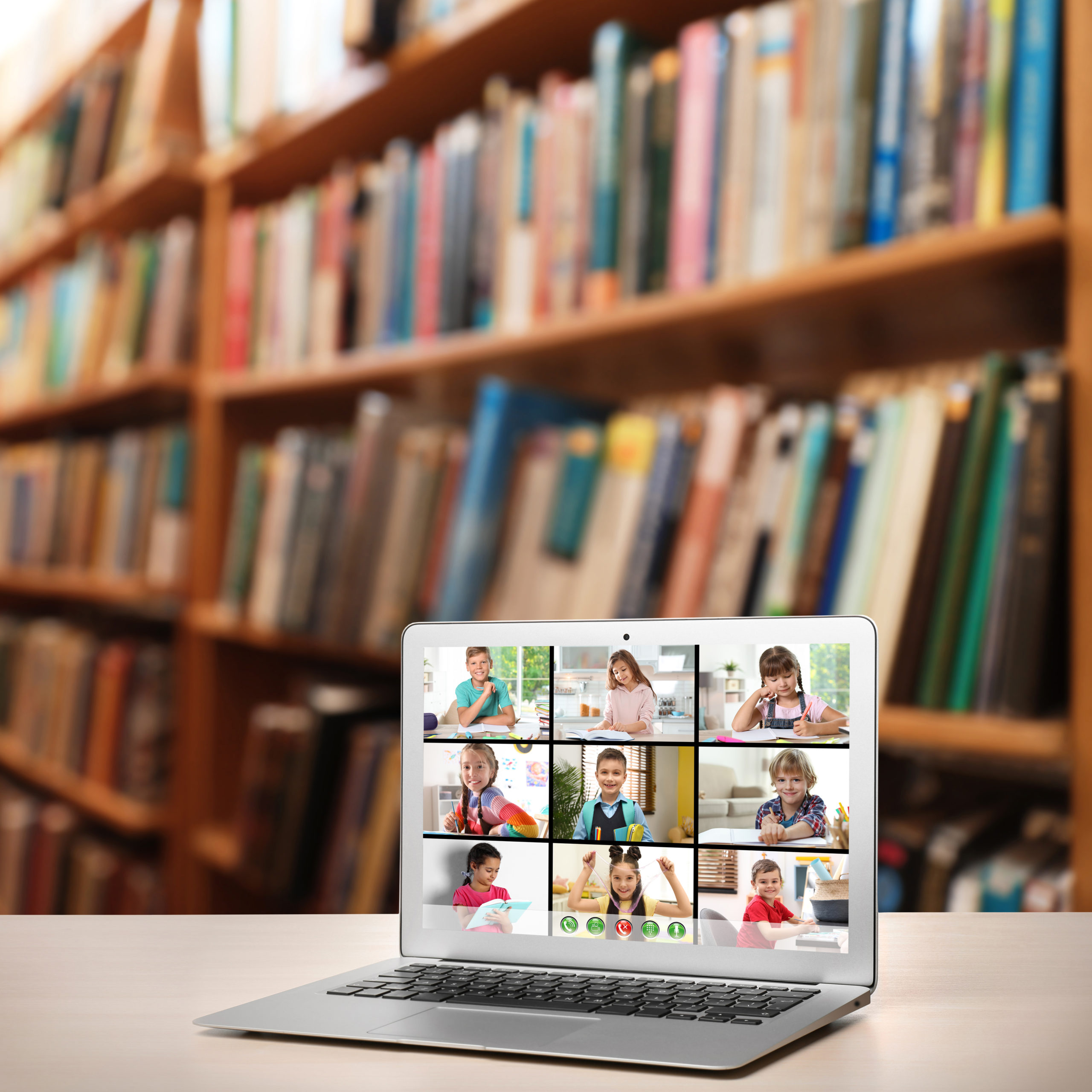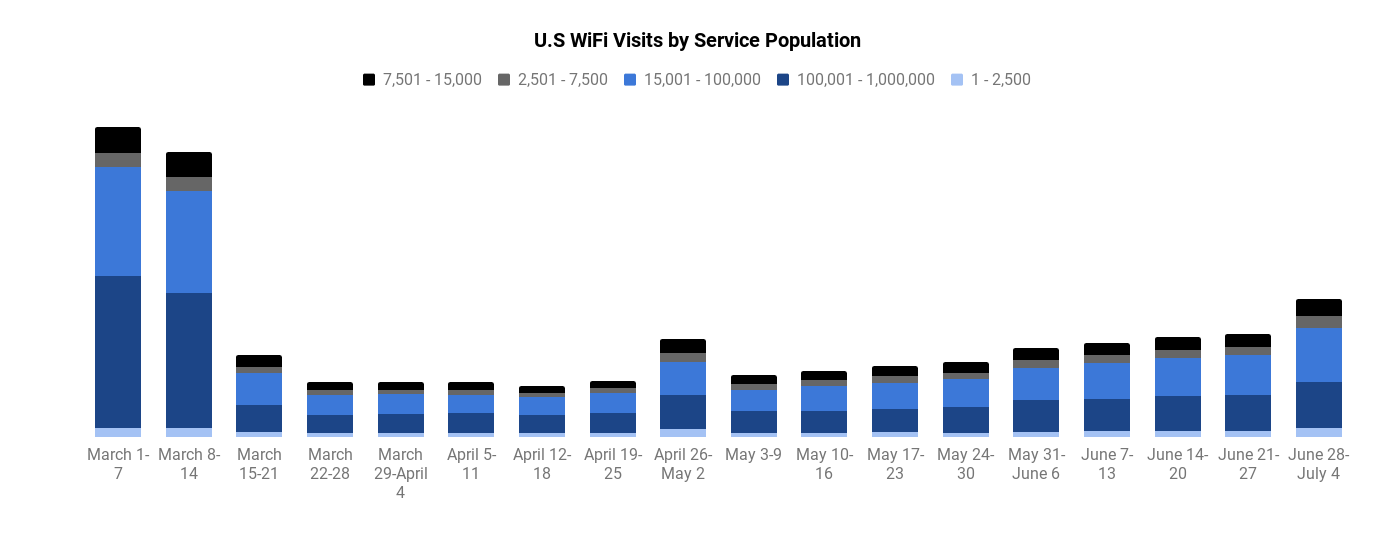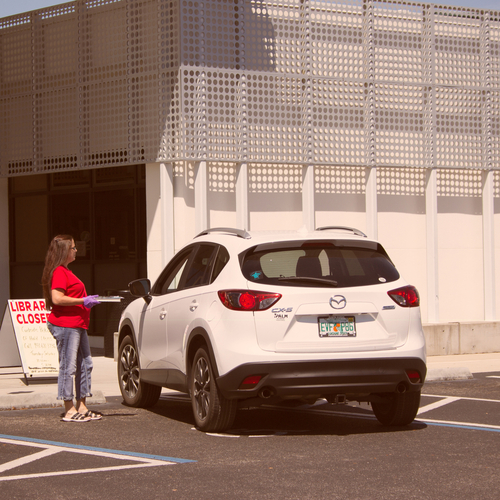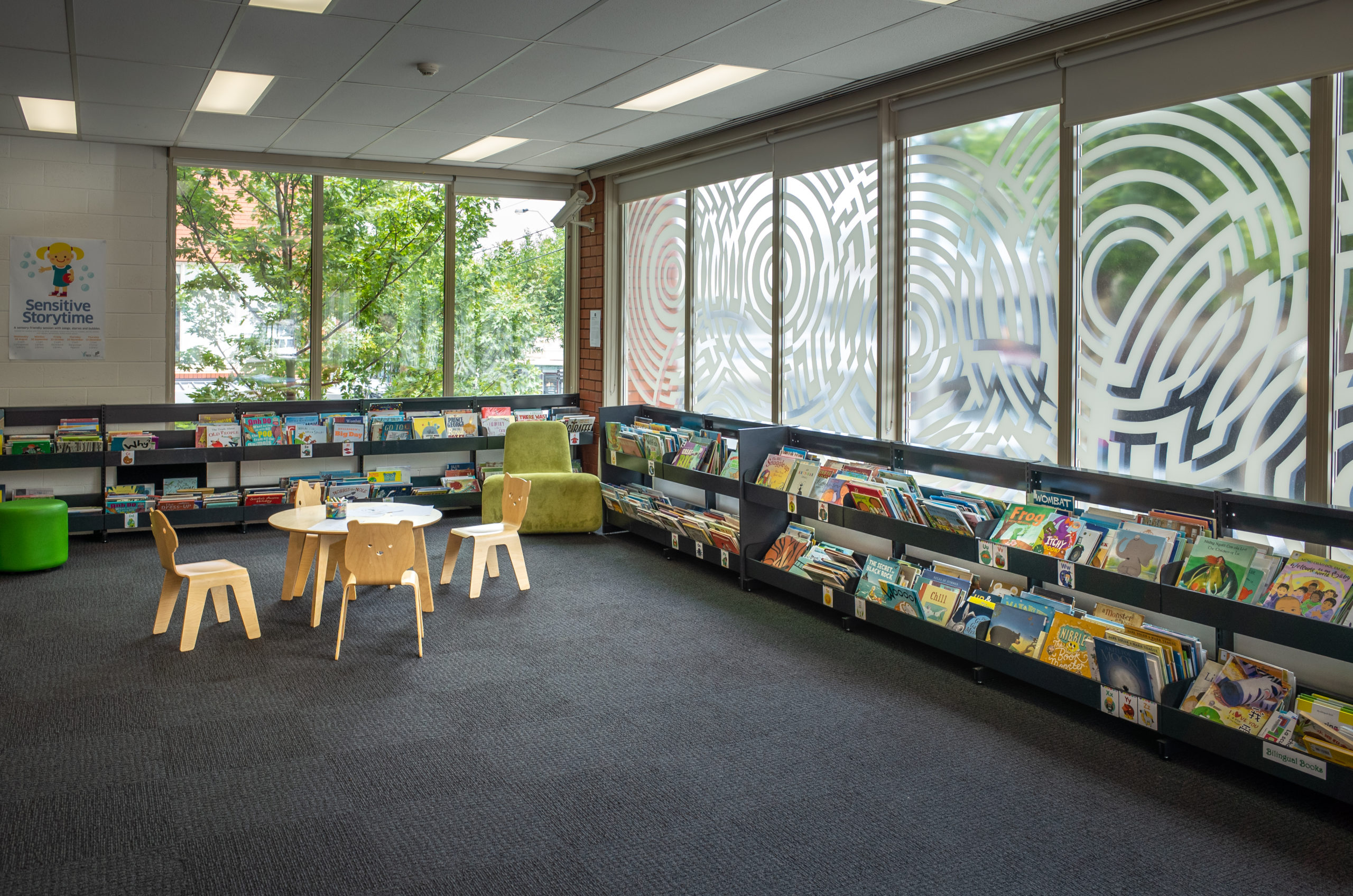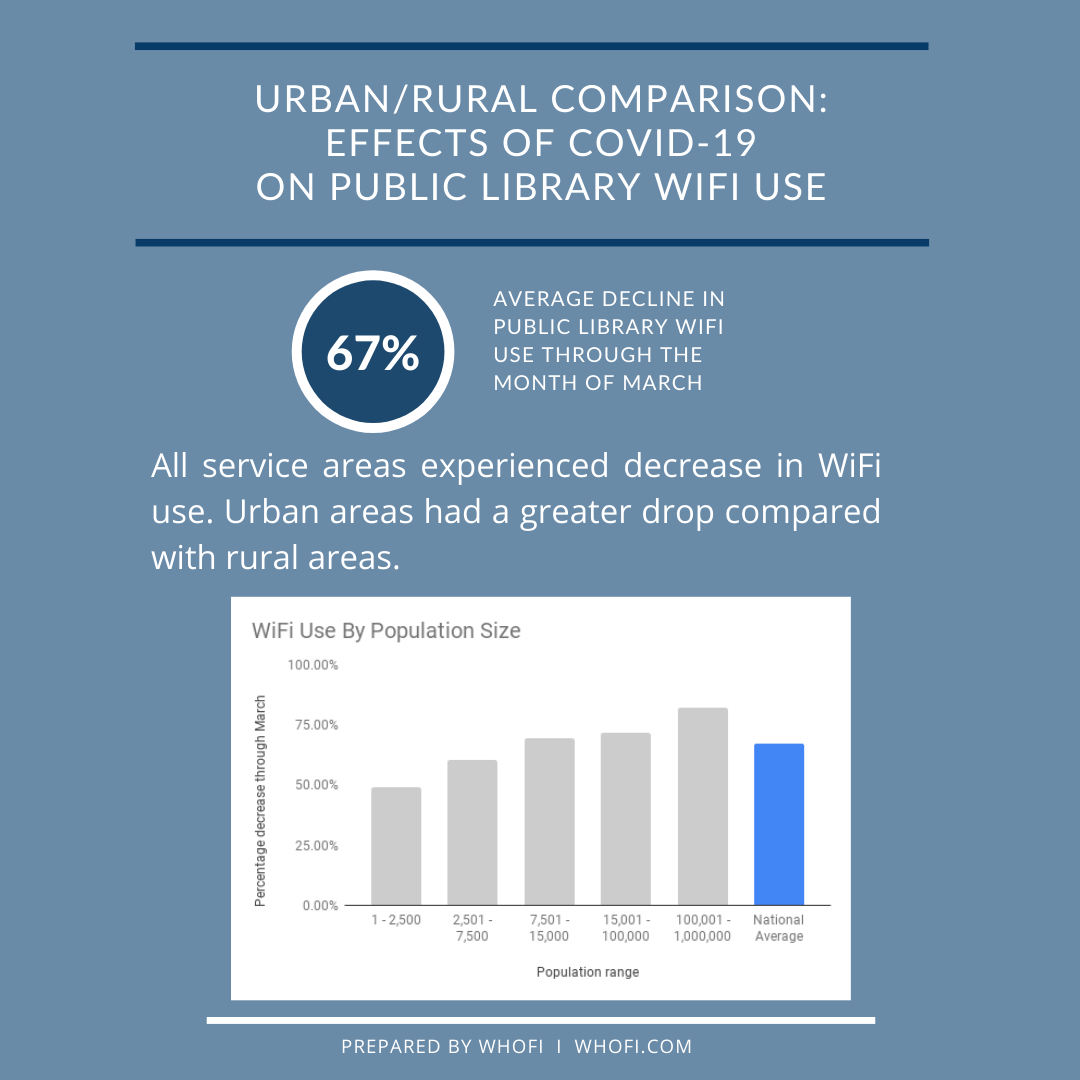9 Community Engagement Ideas for Public Libraries During COVID-19
This year has been challenging for public libraries and communities. Libraries were tasked with managing shutdowns while recreating their programming and services for an online space. Fortunately, libraries were well-equipped to manage the changes and meet community needs. Communities need their libraries more than ever. Public libraries are essential during these challenging times. Are you looking for ways your library can expand community engagement? Here is a shortlist of ideas to enhance…
Navigating the Changing Landscape of Public Library Programming During COVID-19
Libraries across the country are stepping up in a time of crisis. As we continue to adapt to this new (ab)normal reality, libraries shift their programming model to reach beyond their physical buildings and provide essential services for their communities. How are librarians navigating the changing landscape of public library programming during COVID-19? Innovation during times of crisis can lead to lasting positive change for public library programming. Librarians are innovating new ways to…
Libraries Can Improve Patron Experience By Expanding Digital Services Using E-Rate Funding
According to FCC reports, 24 million people in the U.S. lack broadband internet access. In the coronavirus times, the need for internet access is more important than ever. So how can libraries maximize their resources to improve the patron experience? The FCC’s E-Rate funding is one solution. The E-Rate program makes telecommunications and information services more affordable for schools and libraries. The ongoing proliferation of innovative digital learning technologies and the need to connect…
Why Libraries Need High Speed Internet
During COVID-19, high-speed internet is a life-line — that millions of Americans lack. Libraries need high-speed internet to better serve communities. Lack of internet access in some communities has been a problem since the explosion of the internet. Now, during the coronavirus pandemic, lack of internet access is creating wider gaps between those with access, and those without. It means the difference between students being able to get an education, or not. Workers being able to maintain…
Special Report Update: Effects of COVID-19 on Public Library WiFi Use
Early in the coronavirus pandemic, WhoFi released a special report about the effects of COVID-19 on public library WiFi use. We analyzed library WiFi usage during March – the month that many libraries closed their buildings. This report consisted of consolidated data from our library partners across the U.S. to provide a better understanding of the national response to the COVID-19 outbreak and the effect on public library WiFi use. A PLA survey report showed that 98% of libraries closed to…
Community Is Bigger Than A Building
Public libraries across the nation are struggling to reopen their doors, with 47% saying they’re unsure when they will reopen to the public. Libraries are places of community and connection for everyone. People rely on the library for more than books and videos. Libraries offer social services like literacy programs, U.S. citizenship classes, continuing education, housing, and tax assistance. Libraries have also become a safe haven for people experiencing homelessness who need to access social…
5 Ways To Stay Connected To Your Community Even With Closed Doors
Human connection is something we inherently know we need, in some capacity, because of the very nature of our being. We are social creatures and rely on one another – our community – for survival. We need to stay connected to communities. Now that we aren’t gathering in public places, nurturing the community beyond the building is crucial. Here are 5 ways public libraries can stay connected to their communities while doors are closed to the public. 1. Curb-side pick-up Many libraries started…
How Do Communities Stay Connected When COVID Forces Us Apart?
Public spaces bring people together. Both urban and rural communities share a commonality–the collective use of shared spaces available to all members of the community. Public spaces like community centers, parks, and libraries are staple gathering places in every community. Other communal spaces like co-working co-ops and coffee shops bring people together, too. When the coronavirus began to sweep across the country, once-bustling spaces became vacant. An eerie depiction of the effects the…
Navigating The Next Phase of COVID-19 Library Service
It’s now officially summer, and we’re approaching nearly three months since statewide shutdowns were in place. The impact on daily life certainly has been jarring. For many families and individuals, the public library is a mainstay in our lives. Visiting our local library was part of a regular routine. While nothing can replace the real-world library experience, libraries have done an excellent job adapting to continue to serve communities. Creative ideas keep communities connected–like…
Urban and Rural Comparison Analysis: Effects of COVID-19 on Public Library WiFi Use
As we set out to gather data on the library WiFi usage numbers amid the COVID-19 health crisis, we analyzed the effects of COVID-19 on public library WiFi use in urban and rural areas. We wanted to know the effects of COVID-19 on public library WiFi use by population size. For this comparison, we consolidated data from our library partners to identify trends in service areas based on population size. We want to know if library WiFi usage changed by population size and if so by how much. Did…

